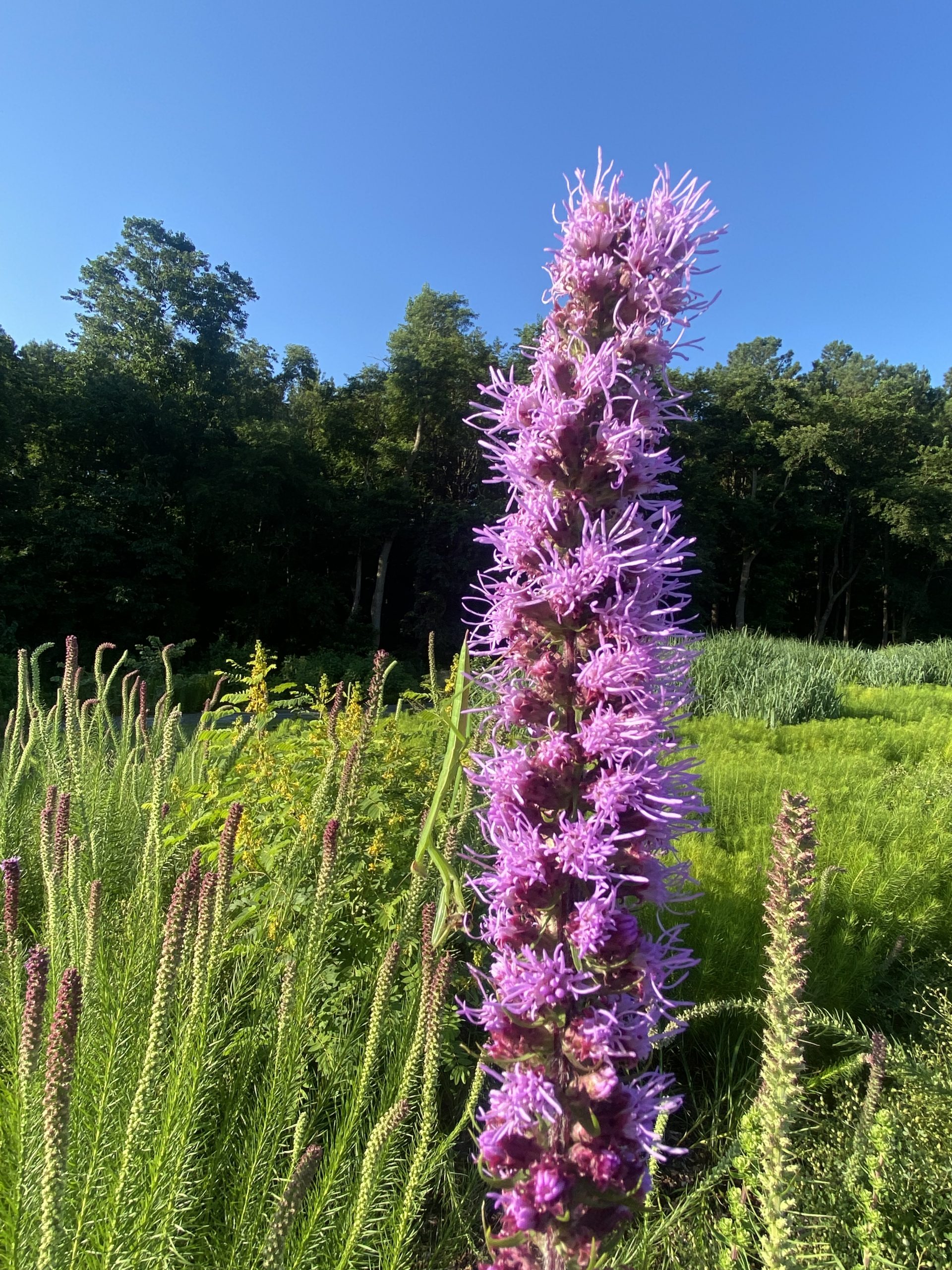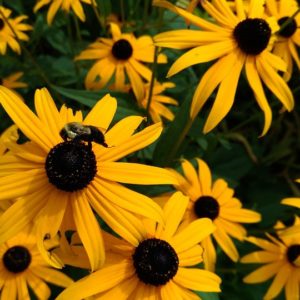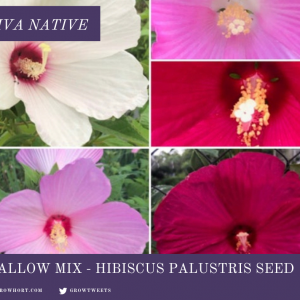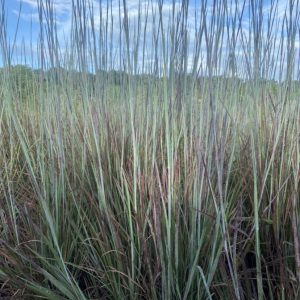Prairie Blazing Star Seeds
Liatris pycnostachya – Tall Native Wild Flowering Garden Pollinator, Tracked Ship.
DESCRIPTION: Prairie Blazing Star Seeds are used for prairie landscaping and restoration. Often grown amongst verge plantings, a wildlife food source and habitat, easily grown in wildflower gardens, looks particularly effective amongst bluestem grasses.
LATIN NAME: Liatris pycnostachya
COMMON NAMES: Prairie blazing star
FEATURE: NATIVE POLLINATOR POWER PLANT
SEED TYPE: PARASOL WITH FLUFF
FLOWER TIME: MID-JULY THRU AUG
ZONE: 3-10
HEIGHT: 2 – 3′
WIDTH: 1 – 2′
LIGHT: FULL SUN
MOISTURE: POOR MOIST – DRY
QUANTITY: 25+ Seeds
COMPANION PLANTS: ECHINACEA, OENOTHERA, ERYNGIUM, AGASTACHE.
OTHER: Prairie Blazing Star Seeds are native to much of the USA and is not an invasive species, it does self-seed and unwanted seedlings or young plants should be removed.
Blazing star flowers shine purple through Summer in full sun and are popular with an array of pollinators, particularly butterflies and bees, and plentiful seeds for fall birds.
Harvested from my own pollinator-friendly plants these feathery turrets make a cheerful addition to any butterfly or wildflower garden Summer thru Fall.
Thriving on poor soils in full sun, or part shade, found on the prairie, or at home in the rain garden, plant with bee balm, goldenrod, and asters.
SOWING TIPS:
Direct sow Prairie Blazing Star Seeds in fall and allow seeds to naturally cold stratify. When starting seeds indoors, sow finely and barely cover seeds with soil. I recommend sowing these seeds, direct in Fall on a prepared seedbed or garden container, water well, and protect from winter weather with a fabric fleece if some seeds germinate early.
1) Sow direct in a prepared seedbed
2) Cold frame sheltered location outdoors
3) Under lights
4) Bright windowsill
I like to grow in pots this way you can break dormancy, simply by moving the pots around and most seeds germinate in batches, care must be taken when picking out to avoid disturbing emerging seedlings.
Pot young plants on until large enough to plant out, this native plant mix prefers poor soil in full sun.
SEED COUNT:
Prairie Blazing Star Seeds – Average of 25+ seeds per pack, shipped tracked for your convenience spend $20 or more in one transaction and get free shipping.
Cold Stratification or Direct Sowing: Recommended. (See Winter Jug Method )
Direct sow seeds in fall and allow seeds to naturally cold stratify. When starting seeds indoors, sow finely and barely cover seeds with soil. I recommend sowing these seeds, direct in Fall on a prepared seedbed or garden container, water well, and protect from winter weather with a fabric fleece if some seeds germinate early. Also known as cold stratification and can be completed anytime of the year by placing seed packs in a cool drawer of a refrigerator for 4-12 weeks to break seed dormancy.
1) Sow direct in a prepared weed-free seedbed
2) Cold frame sheltered location in small pots outdoors
3) Under lights indoor grow room
4) Bright windowsill with drip tray and propagator cover
I like to grow in pots this way you can break dormancy, simply by moving the pots around and most seeds germinate in batches, care must be taken when picking out to avoid disturbing emerging seedlings.
Pot young plants on until large enough to plant out, this native plant mix prefers poor soil in full sun. Full instructions, border design and planting ideas available online by searching igrowhort native-seed-collections.
Native plants maintain balance and provide habitat and eco-systems for resident and migratory wildlife. Due to many years of ecological destruction, development and toxic pollution many native wild flowers, and wildlife are under-threat of extinction.
We all have an important role to play, no matter how small your garden or balcony a few plant pots filled with natives instead of alien ornamentals of genetic hybrids that offer very little to no benefit to feeding insects and birds.
Time to make a small difference on a global scale and encourage our neighbors friends and families to sow a patchwork quilt of native wildflowers like a blanket to protect our sacred planet!








Reviews
There are no reviews yet.